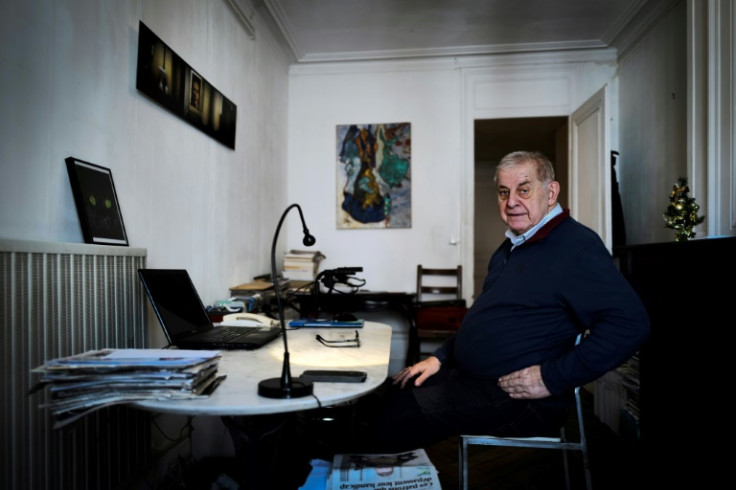France's Lower House Backs Compensating Victims Of Anti-gay Laws

France's LGBTQ activists rejoiced Thursday after the lower house of parliament overnight unanimously approved a bill to compensate gay people convicted under discriminatory laws from 1942 to 1982.
The draft law must now be examined by the Senate, which has approved recognising the harm inflicted on those sentenced when homosexuality was a crime, but has so far resisted the idea of reparations.
Justice Minister Eric Dupond-Moretti apologised of behalf of the state during Wednesday's parliament session.
"Sorry, sorry to the people, the homosexual people of France who for 40 years suffered this totally unfair repression," he told the National Assembly.
Michel Chomarat, 75, said he was "very moved" by the news.
In 1977, he was among a group of men detained in a police raid on a gay bar in Paris called "Le Manhattan", then sentenced under the old legislation.
"I've been fighting for almost 50 years because I never accepted being arrested and sentenced," he told AFP.
France decriminalised homosexuality in 1791 during the French revolution.
But the Vichy regime that collaborated with the Nazi occupation of France during World War II then introduced a discriminatory law in 1942, and this was upheld following the war.
Legislation providing for jail or fines for same-sex couples was only scrapped in 1982.
Terrence Katchadourian, secretary-general of Stop Homophobie (Stop Homophobia), said the unanimous vote on Wednesday night was a "nice surprise".
"The fact that France is asking for forgiveness... sends a beautiful message worldwide," he said.
Joel Deumier, co-president of SOS Homophobie (SOS Homophobia), said the lower-house National Assembly had sent an "extremely strong signal".
But "there can be no recognition without reparations," he said.
According to researcher Regis Schlagdenhauffen, around 10,000 people were sentenced to prison terms or fines under a law criminalising sexual relations with a "minor" of the same sex.
And some 50,000 more were punished for "public indecency", the senior lecturer at the School for Advanced Studies in the Social Sciences (EHESS) said.
Many of those whose lives were upturned by the condemnations are now dead or very old, meaning few are likely to come forward for any reparations.
Socialist lawmaker Herve Saulignac estimates that 200 to 400 people could be eligible for financial compensation.
But Dupond-Moretti said it would likely be difficult for many to prove that they were indeed jailed or paid fines under the scrapped legislation.
This week France's parliament also approved enshrining the right to abortion in the constitution, and President Emmanuel Macron is to officially seal the amendment on Friday.

© Copyright AFP 2024. All rights reserved.











